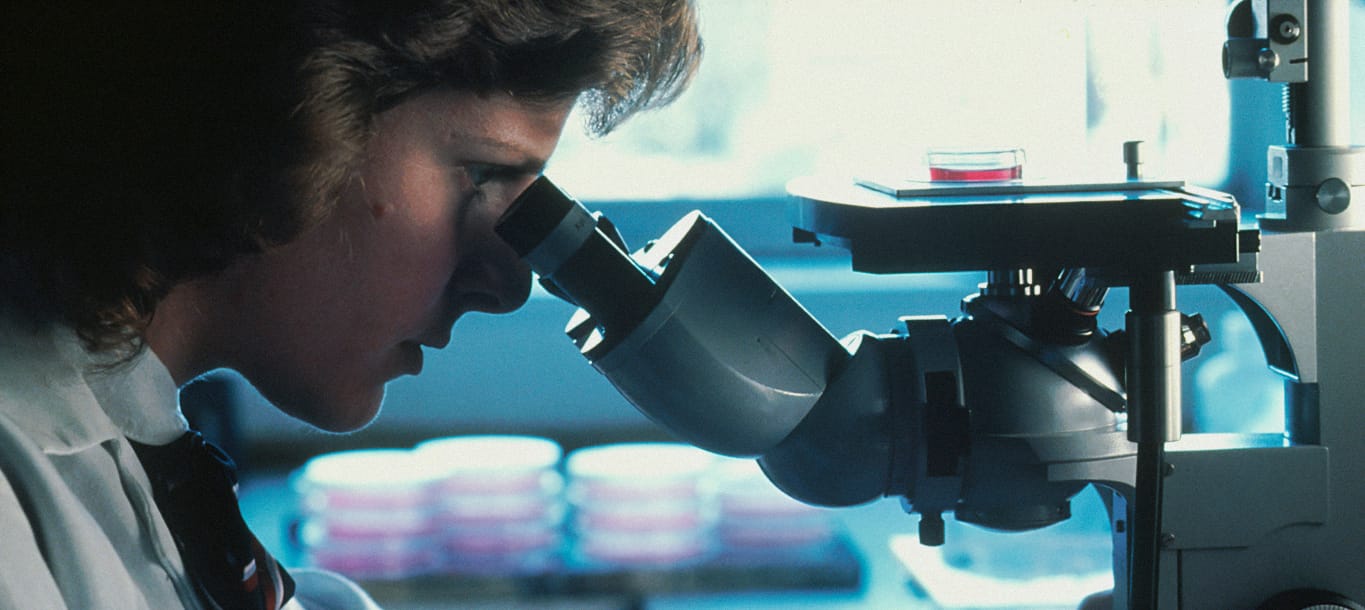Who is a laboratory technician?
Laboratory technicians provide all the technical support needed for a laboratory to function effectively. Adhering to health and safety guidelines, laboratory technicians help prepare for and set up experiments. Their support is invaluable, as it allows scientists to focus on carrying out complex scientific procedures.
One of the exciting things about a career as a laboratory technician is the opportunity to support a field of science you’re passionate about. You could assist with the production of modern medicines, support a company to make their products more sustainable or help environmental charities assess air quality samples.
What does a laboratory technician do?
Day-to-day tasks involve:
- Preparing cultures and specimens for analysis
- Using laboratory equipment to test samples
- Recording and analysing experimental data to present to colleagues
- Ensuring a well-stocked and well-labelled laboratory
- Keeping all equipment functional and up-to-date
- Researching technical advancements that could improve the laboratory’s efficiency.
What’s working as a laboratory technician like?
A variety of organisations employ laboratory technicians, including pharmaceutical companies, government agencies, hospitals, research institutions and independent cosmetic and textile companies.
Another key part of this role is following health and safety procedures, as you’ll need to protect yourself from the chemicals and hazardous waste you could be working with. Wearing protective clothing will thus be required.
What skills do I need to be a laboratory technician?
Teamwork is a crucial part of the role, as you’ll need to work closely with scientists and research assistants to ensure the lab runs smoothly.
Technical skills are also valuable, so you can operate and maintain laboratory equipment (computer software, pH meters, titrators). Similarly, attention to detail is important, to notice and fix any technical issues that may occur.
What does career progression look like in this role?
With experience, you’ll be able to take on more responsibilities, and potentially pursue a management position as a laboratory supervisor or manager. After five years, many technicians apply to be a Registered Science Technician, a professional qualification that showcases your credibility in the field.
From working closely with scientists, and gaining hands-on experience in the laboratory, many technicians decide to pursue further training to become a research scientist.
How do I become a laboratory technician?
One option to enter the field is through enrolling on an apprenticeship, such as the Laboratory Technician Level 3 Advanced Apprenticeship or the Technician Scientist Level 5 Higher Apprenticeship. Alternatively, you can complete a degree or college course in a STEM subject (applied science, materials science, pharmacy).
